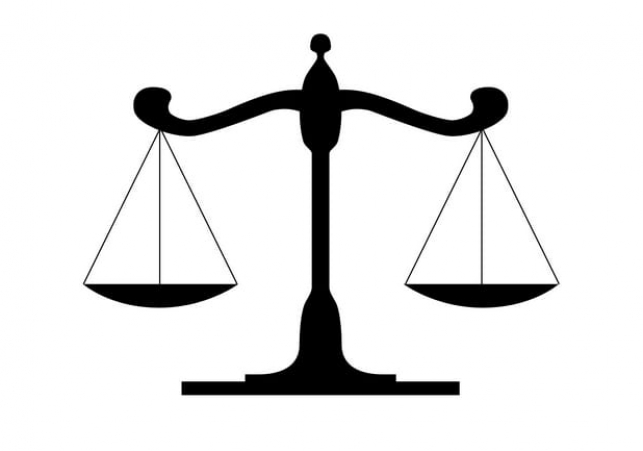

The government prioritizes the security of women at work, especially women in the film sector, according to the Centre on Tuesday. Anurag Thakur, the Union Minister for Information and Broadcasting, provided the response in response to a question in the Lok Sabha about the exploitation of women in the film industry.
''Government of India gives highest importance to the protection of women and girls and also takes steps to address the issue of their safety and security,'' he said.
He added that the government has also passed the Sexual Harassment of Women at Workplace (Prevention, Prohibition, and Redressal) Act, 2013 to ensure a safe working environment for women, especially those in the film industry.
The Minister said, ''The act casts a mandatory obligation upon every employer, whether private or public sector, to create an environment which is free from sexual harassment and to constitute internal committee (lC) for receiving complaints related to sexual harassment.'
The government, according to Thakur, is implementing One-Stop Center and Universalization of Women Helplines programmes.
''The One Stop Centres (OSCs) aim to facilitate women, including women in the film industry, affected by violence with a range of integrated services under one roof such as police facilitation, medical aid, providing legal aid and legal counselling, psycho-social counselling, temporary shelter, etc. ''
''Further, the Women Helpline (WHL) Scheme provides 24 hours emergency and non-emergency response to women, both in public and private spaces by linking them with appropriate authorities such as police, OSCs, hospital, legal services, etc. WHL also supports women in distress with rescue van and counselling services in addition to providing information about women welfare schemes and programs across the country.”
In his written response, the minister stated. Women can contact the Women Helpline by dialing the 181 shortcodes, he said.
Thakur said the government has enacted strong criminal laws such as the Protection of Women from Domestic Violence Act, 2005; the Dowry Prohibition Act, 1961; the Prohibition of Child Marriage Act, 2006; the Indecent Representation of Women (Prohibition) Act, 1986; the Moral Traffic (Prevention) Act, 1956; and the Commission of Sati (Prevention) Act, 1987, to protect women and girls.